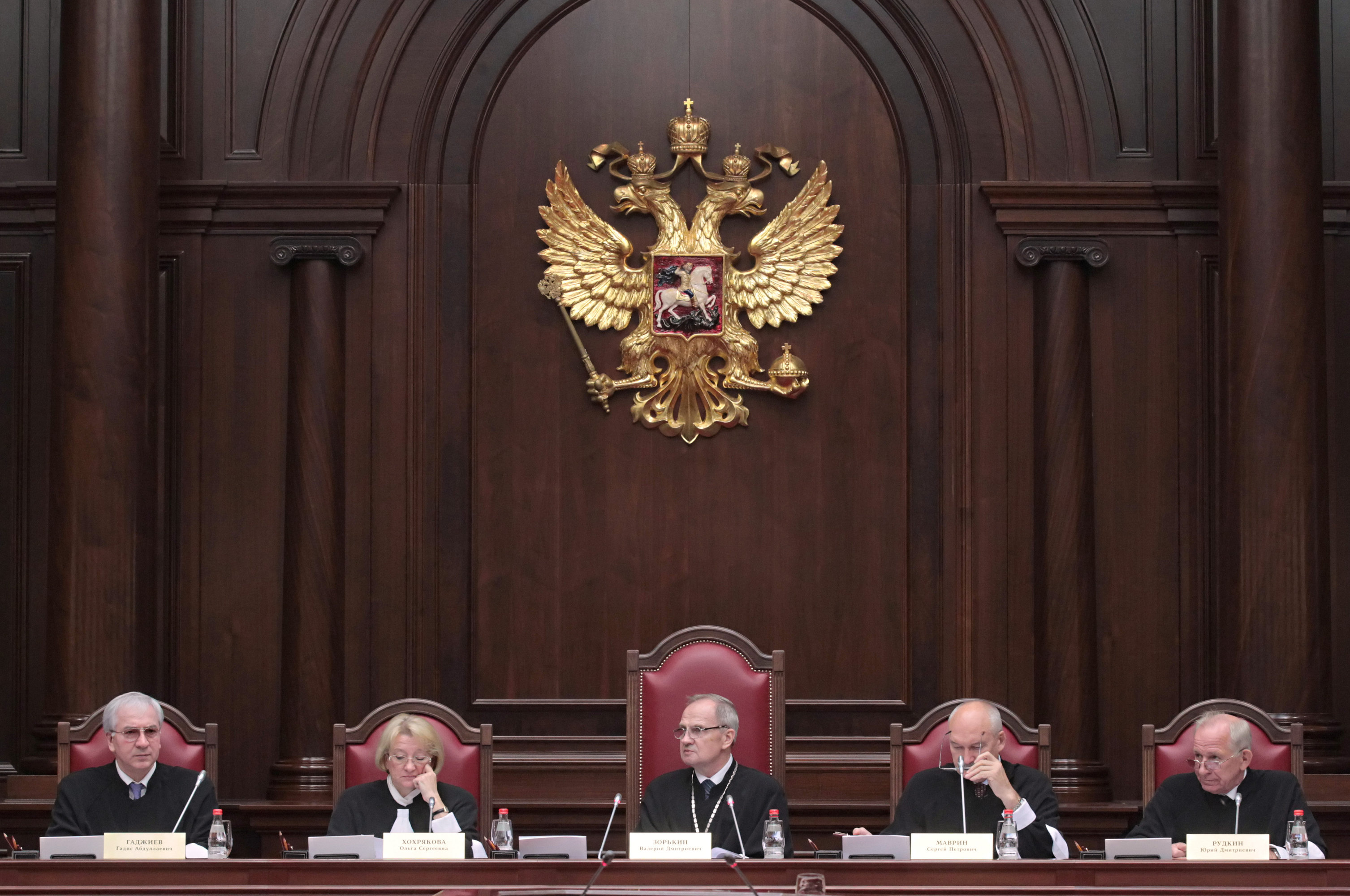MOSCOW, February 14 - RAPSI. The minimum level of fines for violations of laws governing protests should be lowered, Russia’s Constitutional Court said on Thursday.
A law vastly increasing fines was proposed by ruling United Russia party deputies following clashes between police and demonstrators at a central Moscow rally on the eve of Vladimir Putin’s May 7, 2012 inauguration as president for a third term. It was then fast-tracked through parliament and signed into law by Putin last June.
The law raised the minimum fine for participation by private citizens in illegal protests from 100 rubles ($3.30) to 10,000 rubles ($330). The maximum fine for damage to person or property at a protest was set at just over $9,000. The average monthly salary in Russia is around $900, although wages are much higher in Moscow and St Petersburg, the hotbeds of protests against Putin’s rule.
“The fines are disproportionate,” the Constitutional Court said on Thursday. “It is necessary for legislators to lower the minimum level.”
The Court also said compulsory community service could only be used as a punishment if a person had been convicted of causing bodily harm at a protest. The law currently allows judges to impose up to 200 hours of community service for protest-related crimes.
The State Duma’s representative in the Constitutional Court, Dmitry Vyatkin, said parliament would bring the law into line with the court’s recommendations within the next six months.
The Court also said judges should be able to impose fines lower than the minimum envisioned by law.
It did not rule, however, that the law was in violation of the constitution or that the State Duma had adopted it in violation of parliamentary procedure.
The Court’s statement came in response to a request by a group of lawmakers from the Communist Party and the A Just Russia party, as well as Eduard Limonov, a firebrand politician and writer.
In a separate decision, the Court rejected an appeal from Limonov against a ban on individuals organizing protests if they have been found guilty of breaking the law in the previous twelve months. The Court dismissed Limonov’s claim that the law violated the Constitutional right to protest.



